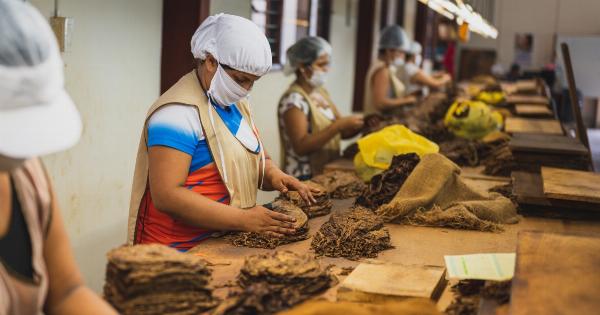Breast cancer is the most common cancer in women worldwide. According to the World Health Organization, breast cancer accounts for 25% of all cancer cases in women. In addition to being common, breast cancer can also be deadly.
It is estimated that breast cancer causes more than 500,000 deaths annually.
While breast cancer can occur at any age, it is most commonly diagnosed in women over the age of 50. However, some women receive a diagnosis of breast cancer at a younger age, often referred to as early-onset breast cancer.
Early-onset breast cancer is defined as breast cancer diagnosed before the age of 50.
Early-onset breast cancer might be more aggressive than breast cancer diagnosed later in life. It may also have a genetic component, meaning that it can be passed down in families.
In this article, we will explore the genetic factors that can increase the risk of early-onset breast cancer.
Understanding genes and breast cancer
Genes are the instructions that tell our bodies how to function and grow. We inherit these genes from our parents. Sometimes these genes can be altered, or mutated, leading to a higher risk of developing certain diseases, including cancer.
There are two key types of genes that can increase the risk of breast cancer.
BRCA genes
BRCA (BReast CAncer) genes are a type of tumor suppressor gene. They are responsible for repairing damaged DNA, which is essential for preventing cancer.
When BRCA genes are mutated, however, they are less able to repair damaged DNA, leading to an increased risk of cancer.
Not everyone who carries a BRCA mutation will develop breast cancer. However, research has shown that women who carry a BRCA mutation have an increased risk of developing breast cancer compared to those who don’t.
BRCA mutations are relatively rare. However, they are more common in certain populations, such as those of Ashkenazi Jewish descent. It is estimated that between 1 in 40 and 1 in 100 people of Ashkenazi Jewish descent carry a BRCA mutation.
Other genes related to breast cancer risk
In addition to BRCA genes, there are other genes related to breast cancer risk, including:.
- TP53
- ATM
- CHEK2
- PTEN
Like BRCA genes, mutations in these genes can increase the risk of breast cancer. However, they are less powerful drivers of breast cancer risk than BRCA genes. They are also less well-known and less frequently tested for than BRCA genes.
Who should consider genetic testing?
Not everyone who is diagnosed with early-onset breast cancer has a genetic mutation that increases their risk of developing breast cancer.
In fact, the majority of early-onset breast cancer cases occur in women who don’t have a known genetic mutation.
However, if you have been diagnosed with early-onset breast cancer, or if you have a family history of breast cancer, you may want to consider genetic testing.
Genetic testing can help to identify whether you carry a mutation that increases your risk of developing breast cancer.
It is important to note that genetic testing is a personal decision. Some people choose not to undergo genetic testing, while others find it empowering to understand their risks.
Risk-reducing measures for those with a genetic mutation
If you do have a genetic mutation that increases your risk of breast cancer, there are several risk-reducing measures that you can take:.
- Increased monitoring: Increased surveillance can help to detect breast cancer at an earlier stage. Women who carry a BRCA mutation, for example, are often advised to start mammograms at an earlier age and to have more frequent mammograms.
- Prophylactic surgery: Some women who carry a BRCA mutation choose to undergo prophylactic surgery, such as a mastectomy or oophorectomy, to reduce their risk of developing breast cancer.
- Medication: Certain medications, such as tamoxifen, can help to reduce the risk of breast cancer in women at high risk. These medications are not suitable for everyone, however, and can have side effects.
Conclusion
Early-onset breast cancer can be a devastating diagnosis, but it is important to remember that not all breast cancers are genetic.
However, if you have a family history of breast cancer, or if you have been diagnosed with breast cancer at a young age, it may be worth considering genetic testing. Identifying a genetic mutation can help you to understand your risks and to take steps to reduce your risk of developing breast cancer.

























